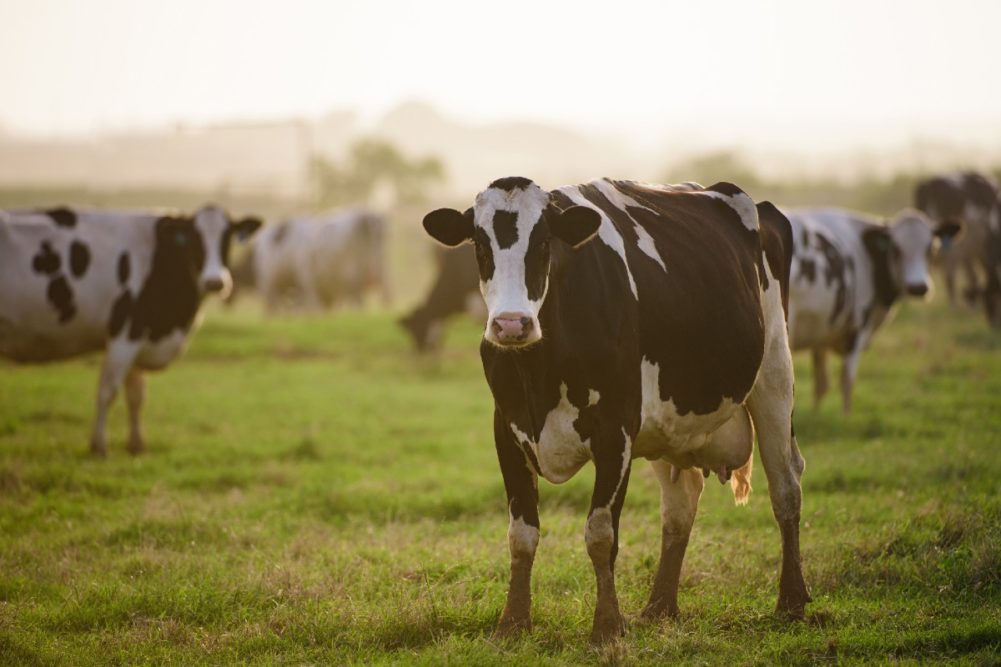PARIS – Global dairy manufacturer Danone revealed new details of how it plans to reduce absolute methane emissions from its fresh milk supply chain by 30% by 2030.
The company announced it anticipates removing 1.2 million tons carbon dioxide equivalent of methane emissions by 2030. Per Danone, it reduced methane emissions by 14% between 2018 and 2020.
Data shared by Danone shows that methane emissions represent 25% of the company’s full scope emissions and fresh milk represents approximately 70% of its methane emissions. The remaining 30% is made up by indirect dairy ingredients.
Citing research from the Intergovernmental Panel on Climate Change, Danone showed that its accelerated efforts to reduce methane emissions can have “immediate benefits” for the climate that carbon dioxide reductions alone can’t achieve. Danone pointed out that dairy production from cattle accounts for an estimated 8% of total human-caused methane emissions and that is part of the world’s agriculture and livestock activities that represent roughly 40% of methane emissions.
“Dairy products are an affordable source of nutrition for many people, at the core of our mission to bring health through food,” said Antoine de Saint-Affrique, chief executive officer at Danone. “As one of the largest dairy companies, we take the challenge of both producing more – to feed a growing population – and greatly reducing emissions and impact on climate.”
Calling the plan “ambitious,” de Saint-Affrique said the company’s goals show its commitment to building regenerative dairy.
“This step change requires a collective effort,” he said. “Working with farmers, partners and governments, we have the power and duty to build farming models that benefit the climate and society, taking a step forward to tackling global warming together.”
Worldwide, the company works with 58,000 dairy farmers and has supported projects in place for dairy farms in 14 countries. Danone said it will launch in 2023 four new initiatives for methane reduction in Africa, Europe and the United States, as well.
Along with developing innovations at farms, Danone shared its plan also involves collaborating with governments and the Environmental Defense Fund to scale innovation, reporting and advance financing models. Plus, the company plans to engage with governments to “improve methane policies, data and reporting, as well as funding for research, and to support farmers transitioning to regenerative dairy practices.”
In North America, Danone said it works closely with the US Department of Agriculture to help farmers reduce methane emissions with regenerative strategies.

